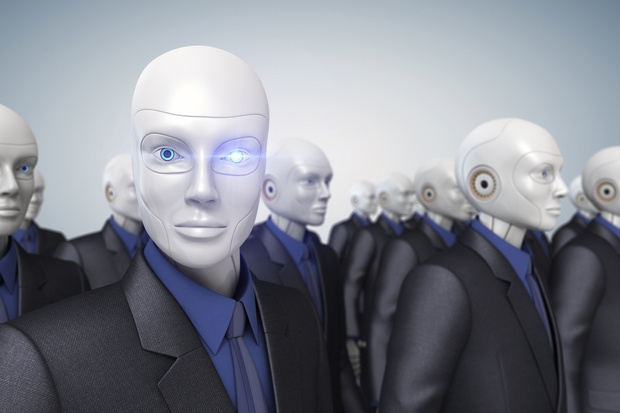It’s getting pretty hard to escape Artificial Intelligence (“AI”). Not just the impact that AI will have on your life — more the idea of AI. In the business and technology press, a single day does not pass without some reference to the impact that AI is having — or will have — on, well, everything.
copyright by www.cio.com
 Nearly every story is ominous. Either it’s a story about how AI is going to bring about the destruction of the human race or, only slightly less foreboding, the destruction of an entire industry or class of jobs. Call it morbid fascination, but the cataclysmic potential of AI seems to mesmerize us. All of these dire warnings and predictions may drive click-throughs, but most of the articles about AI are completely missing the point — mostly because they’re focusing on the wrong ‘AI.’
Nearly every story is ominous. Either it’s a story about how AI is going to bring about the destruction of the human race or, only slightly less foreboding, the destruction of an entire industry or class of jobs. Call it morbid fascination, but the cataclysmic potential of AI seems to mesmerize us. All of these dire warnings and predictions may drive click-throughs, but most of the articles about AI are completely missing the point — mostly because they’re focusing on the wrong ‘AI.’
Separating AI myth from reality
While the long-term concerns about AI may be warranted on a societal level, almost no one believes that the threat is imminent in business terms. Moreover, while AI-powered technology is improving in power and capability at a rapid rate, we remain a long way from what many people think of when it comes to the type of AI displayed in movies or presented in the press. To be sure, rapid advancements in autonomous vehicles and virtual assistants (think Amazon’s Alexa and Apple’s Siri) have led many to believe that we are just moments from AI taking over the world. The reality, however, is much more complex.
Everything that we consider AI today falls into the realm of what is called Artificial Narrow Intelligence (ANI), which is AI focused in a single area. While ANI is continuing to become more expansive in its applications, the ability to fully replace human activity, to any significant degree, will not occur until scientists figure out how to create what is called Artificial General Intelligence (AGI), in which a computer possess the intelligence of a human in virtually all ways. […]
read more – copyright by www.cio.com


It’s getting pretty hard to escape Artificial Intelligence (“AI”). Not just the impact that AI will have on your life — more the idea of AI. In the business and technology press, a single day does not pass without some reference to the impact that AI is having — or will have — on, well, everything.
copyright by www.cio.com
Separating AI myth from reality
While the long-term concerns about AI may be warranted on a societal level, almost no one believes that the threat is imminent in business terms. Moreover, while AI-powered technology is improving in power and capability at a rapid rate, we remain a long way from what many people think of when it comes to the type of AI displayed in movies or presented in the press. To be sure, rapid advancements in autonomous vehicles and virtual assistants (think Amazon’s Alexa and Apple’s Siri) have led many to believe that we are just moments from AI taking over the world. The reality, however, is much more complex.
Everything that we consider AI today falls into the realm of what is called Artificial Narrow Intelligence (ANI), which is AI focused in a single area. While ANI is continuing to become more expansive in its applications, the ability to fully replace human activity, to any significant degree, will not occur until scientists figure out how to create what is called Artificial General Intelligence (AGI), in which a computer possess the intelligence of a human in virtually all ways. […]
read more – copyright by www.cio.com
Share this: